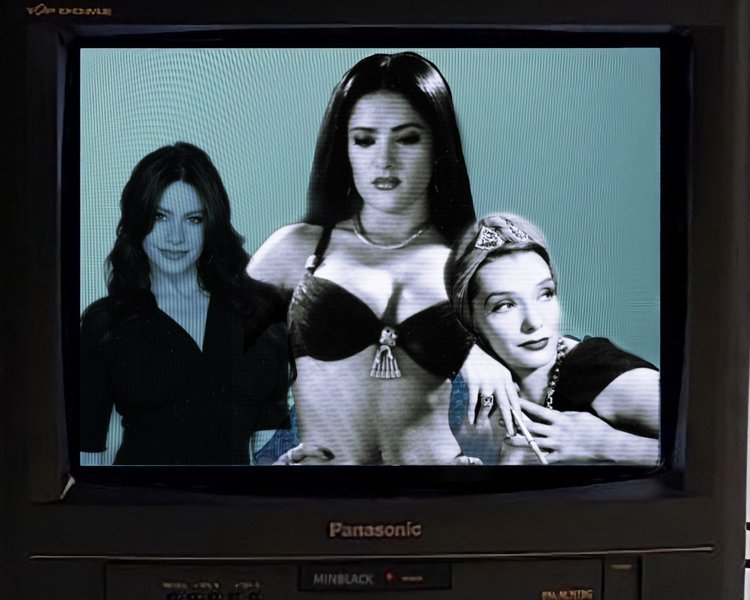Everything Wrong With the “Spicy Latina” Stereotype
The over-sexualization of women is nothing new to Hollywood, but it does take on a new extreme when discussing women of color, particularly Hispanic women. The “hot and spicy Latina” trope has existed within almost every American media form—whether it be in film, television, music, or even literature. This stereotype is both psychologically and socially damaging, for it confines all Latinx women into a single box where the “spicy Latina” becomes the expectation that many non-Latinx like to force upon us. The “spicy Latina” is sultry, sexual, fierce-tempered, curvaceous in figure with long, dark hair, and is almost always showcased in some type of animal print or red to symbolize her feisty nature. The most unsettling aspect of this trope is that her main plotline almost always revolves around men and her being this forbidden sexual fantasy for the leading white male. Another plausible storyline for her falls under the “white savior” narrative, where she is somehow “saved” by the same leading white male. Although this stereotype may seem innocent at first glance, it is problematic because it reduces Latinx women down to a role of simply existing to be a sexual fantasy for white men. It sends the message to society, and even young Latinas themselves that they only exist for someone else's pleasure. It reinforces the mindset that her worth only lies in her sexual appeal and prowess.
It is clear to observers that Latina characters in the American media serve the sole purpose of being both the comic and visual relief. Their characters exist to be both laughed at and desired after, which perfectly sums up what the spicy Latina trope entails: a hyper-sexualized, degraded, or humiliated woman. Hispanic culture is then reduced to a laughingstock, with certain accents and cultural practices ridiculed, laughed at, or not taken seriously. Instead of teaching audiences to appreciate and learn from Hispanic cultures, the “Spicy Latina” trope teaches people to either look down on Hispanics or sexualize them. Another false schema surrounding Hispanic women is that they are crazy, toxic, have major anger issues, and are sexually promiscuous. Ask any Hispanic woman if they have ever been presumed to be “crazy” simply for being Hispanic, and a “yes” would be guaranteed. We are also constantly called “exotic”, or asked to speak Spanish as a performance; it feels as if we are being treated like a science experiment sometimes.
This archetype exists within various popular American shows, notably Gloria in Modern Family, Adrian from The Secret Life of the American Teenager, Santana from Glee, and Gabrielle from Desperate Housewives. Although representation and diversity in the film are important, it can oftentimes be more harmful than empowering if the only representation for a group is a homogenous, sexualized stereotype that does not accurately depict the complexity and truth of all Latinas. Outside of the Spicy Latina trope, not many other representations for Latina women exist besides the tired maid or criminal tropes. Not all Latinas are loud, curvy, or hot-headed, and we need to eradicate this idea that all Latinas must fall under that category.
Image Courtesy: Strike Tallahassee
Stereotypes harm everyone involved, including men. Although the stereotypes for Hispanic males are not as prominent in the media as the “Spicy Latina,” they still exist and are still just as harmful. Common stereotypes for Hispanic men in film reduce them to being illegal immigrants who take jobs from white men, gang members, or field workers. These stereotypes could not be any further from the truth, and it is saddening to see Hispanic culture reduced to this, ignoring the intelligence, valor, and hard work that Hispanics endure. Although there has been some progress in recent years with the media depicting Hispanic characters and cultures in more accurate, respectful ways, these tropes are still prominent, and Hispanics are still being compartmentalized into these boxes. Latinx individuals are not your sexual fantasy, the butt of your joke, and definitely not taking your jobs.
Strike Out,
Writer: Emily Valmana
Editors: Noelle Knowlton and Lexi Fernandez
Graphics: Madison Sloan
Tallahassee



